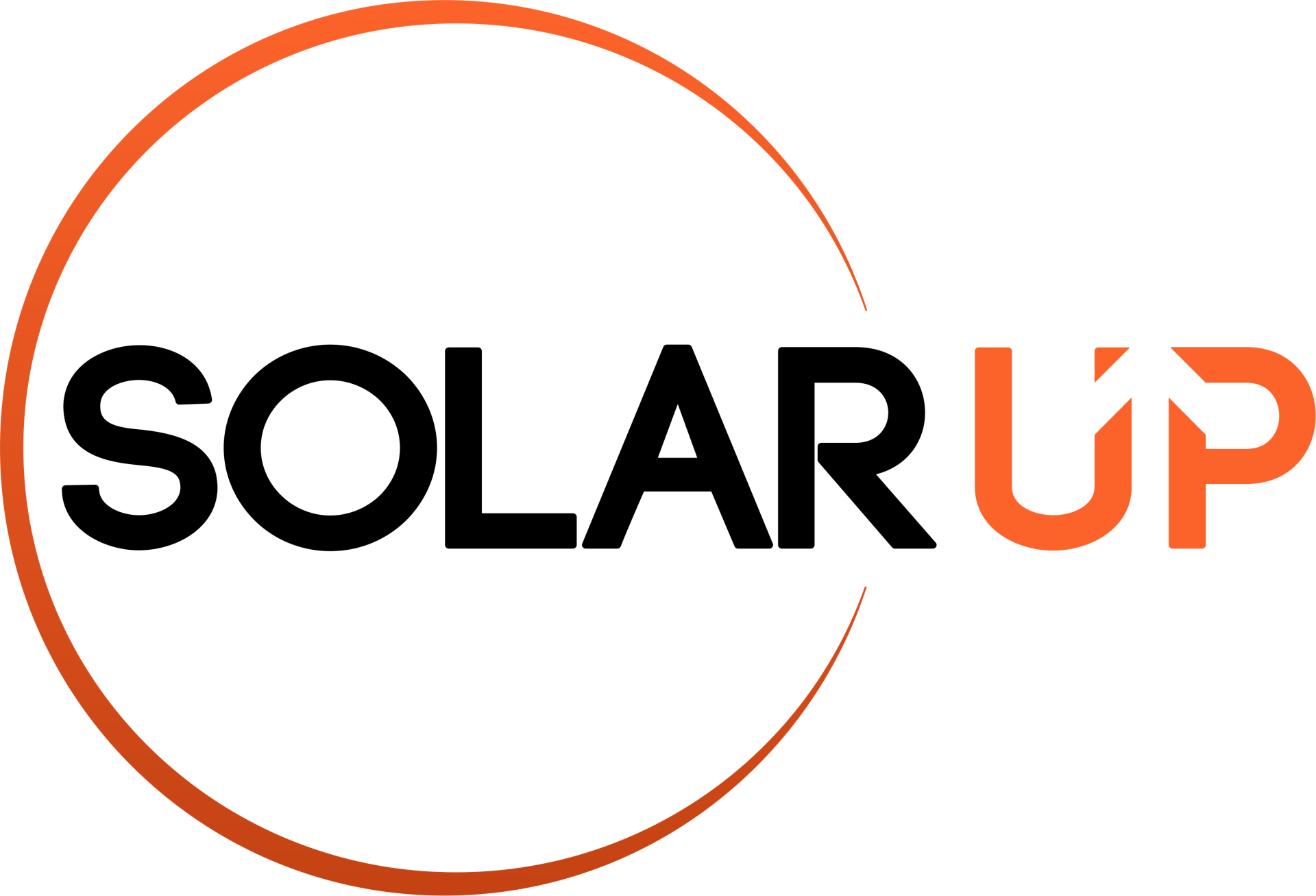Frequently Asked Questions (FAQs) About Solar Panel Installation
Reduce Your Electricity Bill with Solar Power & Net Metering

FREQUENTLY ASKED QUESTIONS: RESIDENTIAL
The number of rooftop solar panels one residential home in Toronto might require is dependent on several factors, such as: the average energy consumption of your household, your current energy use in watts, the climate and amount of direct sunlight exposure for your area, along with the efficiency and size of the solar panel system being considered for installation. Whether or not your solar power system will completely offset your electricity needs is primarily determined by how accurately you size your system. With the help of the experts at SolarUp, we can calculate the number of solar panels required to secure that percentage for you hassle free! Considering that, sizing your system correctly is essential for effective solar power generation.
The purpose of a solar panel system is to absorb sunlight throughout the day and convert the direct current (DC) into alternating current (AC), which is the type of energy used to power your home. Therefore, solar panel systems do not have the ability to produce electricity during dark hours. Nevertheless, cloudy days won’t break your solar panel’s ability to function accordingly. Although there is less power output on these days, the system will still work like it should. On top of that, Ontario’s Net-Metering programme enables you to store excess solar energy in the utility grid and receive one-to-one credit for the excess electricity to be used toward future electricity cost within the next 12 months.
When your solar panels are covered in a thick blanket of snow, blocking the sunlight, and prohibiting your system from generating energy, it’s important to note that snow has an insignificant effect on your solar production. So long as your system has been professionally installed, your array is built to handle all seasonal weather conditions. Professional solar installers such as SolarUp, take your region’s typical weather pattern into account upon installation.
Solar panel systems upon installation ensure decades of free electricity with minimal maintenance requirements. Designed for reliability and durability against all weather conditions. However, it’s recommended that all solar panel systems are cleaned and inspected every 4-5 years, to further ensure the efficiency of your system. With SolarUp’s free preventative maintenance program every 5 years, which is included with the installation of your residential solar power system installation, you are assured optimum performance of your solar system for the next 25 years.
Rooftop suitability for residential solar panel installation depends on several factors, such as, the age and condition of your roof, the size of your roof, and most importantly the roof’s slope orientation. The professionals at SolarUp ensure our utmost attention to these details during our on-site inspection, for any home considering the installation of a new solar panel system.
All solar panels are designed to last anywhere from 25-30 years upon initial installation. The pace at which solar panels lose efficiency over time is called the degradation rate and is a natural consequence of their exposure to the elements. According to a 2012 study by the National Renewable Energy Laboratory, panels lose anywhere from 0.5 percent to 0.8 percent of their production capacity each year, a very small amount indeed. SolarUp installs high quality panels which hold a 25 year performance warranty. However, even 25 years after initial installation solar panels are known to function close to 85% of their original energy output.
For safety reasons Grid Tied solar panels systems do not produce any electricity in event of power outage unless tied up with a battery backup system.
Solar Energy monitoring is a vital part to any solar panel system. As these systems work to send you real time data of your energy consumption and generation, in addition to, other system diagnosis reports to inform you of any maintenance issue pertaining to your panels overall well-being and function or inverter malfunctions.
FREQUENTLY ASKED QUESTIONS: COMMERCIAL
Certainly, putting up solar panels on your business in Ontario is a worthwhile investment. It allows you to generate your electricity, meeting your energy needs and lowering your hydro expenses.
Yes, obtaining a permit is typically required for installing solar panels in Ontario. This step ensures compliance with local regulations and safety standards. As part of our comprehensive installation process, SolarUp takes care of permit approvals, providing a hassle-free experience for our clients. This process includes a free consultation, site inspection, project kick-off, obtaining necessary permits, installation, and system turn-on. By handling permit approvals, we ensure that your solar installation is not only environmentally friendly but also adheres to all legal requirements, making the process convenient for you.
Using solar power can notably lower your energy costs, but it doesn’t equate to free electricity. Despite the sun’s abundant and accessible energy, there are expenses linked to installing and upkeeping a solar system. Nevertheless, businesses can still save money and establish a long-term investment by harnessing solar power.
Certainly, solar power functions in winter months. Although solar panels are most efficient in the summer with extended daylight hours, they still generate electricity throughout the winter.
SolarUp conducts a thorough “roof diagnostics analysis” as part of our process. If the analysis reveals the need for repairs or replacement of the roof, we recommend addressing these issues before proceeding with the installation of solar panels. Our team will promptly notify you of any necessary repairs, ensuring that the roof is in optimal condition to support the solar installation.
SolarUp takes care of all government regulations, approvals, and fees. The process is simplified, and we provide explanations for engineering calculations and related contracts. This includes ensuring compliance with Ontario Content Requirements and handling all Grid Connection costs, Hydro, LDC, ESA approvals, and application fees.
On March 28th, the Federal Government introduced the 2023 Budget, featuring an exciting new tax incentive for those transitioning to clean energy technology. The Clean Technology Investment Tax Credit provides a 30% refundable tax credit for eligible projects such as new solar PV systems, batteries, solar heating, and heat pumps. You can claim this incentive for eco-friendly investments made from March 28th until 2034, aligning with the government’s goal to accelerate clean tech investment as Canada targets net zero by 2035.
To qualify, your business must be taxable, invest in specific equipment (Class 43.1 or 43.2), and fulfill upcoming labor requirements.
Companies actively using solar energy often gain a reputation for being socially responsible. Embracing environmental consciousness can enhance your company’s public image and reputation.
Commercial systems are typically sized based on the kWh consumption the building requires annually. Various measuring devices, including satellite imagery, sun tracking tech, and lidar, ensure accurate energy offset calculations and system performance.
